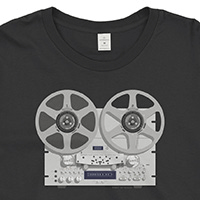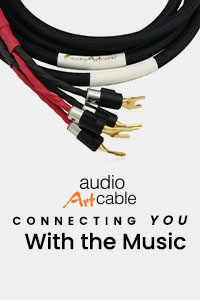Harman Kardon 730
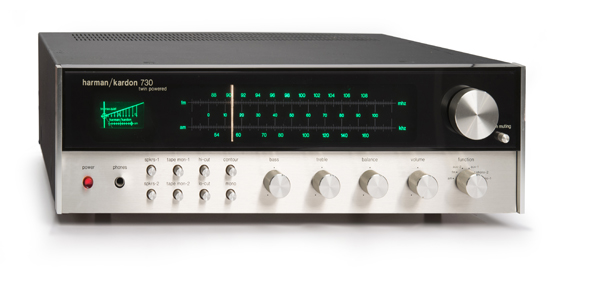 When I was graduating from high school in 1976, what I wanted most was a Harman Kardon 730, a pair of JBL L100s and a Technics SL1200 turntable. That was my dream system. The 730 went for about $400, the JBL’s slightly more and the Technics with a Shure M91ED around $350, so for about $1,200 you could put together a pretty rocking system. Revisiting the 730 with a pair of L100s and my somewhat geeked out SL1200, I’m still amazed at just how musical, valid and relevant this combination sounds.
When I was graduating from high school in 1976, what I wanted most was a Harman Kardon 730, a pair of JBL L100s and a Technics SL1200 turntable. That was my dream system. The 730 went for about $400, the JBL’s slightly more and the Technics with a Shure M91ED around $350, so for about $1,200 you could put together a pretty rocking system. Revisiting the 730 with a pair of L100s and my somewhat geeked out SL1200, I’m still amazed at just how musical, valid and relevant this combination sounds.
Perusing my favorite internet forums, the 730 is described as warm by some and dark by others. Through both the JBL L100s, L26s and the contemporary Dali Rubicon 2s, I’d call the 730 just right. Yes it is a bit on the warm side, but for vintage solid state, I’ll take this any day over the Pioneer, Sansui and Kentwood’s of the day. I’d even give this one a nod to the receivers in my stable from Marantz with similar power ratings.
Don’t let the 40-watt per channel rating fool you. Truly dual mono in construction, with two separate power transformers and power amplifier boards, the 730 renders stereo images like crazy. Connecting the system together with modestly priced AudioQuest cable (which is light years beyond the crap we had in the 70s) and plugging into a Running Springs Haley power conditioner takes this vintage ride into the current century with a sound that easily outperforms any of the $500 – $600 integrated amplifiers you might buy today. And they don’t usually include a phono stage or a tuner.
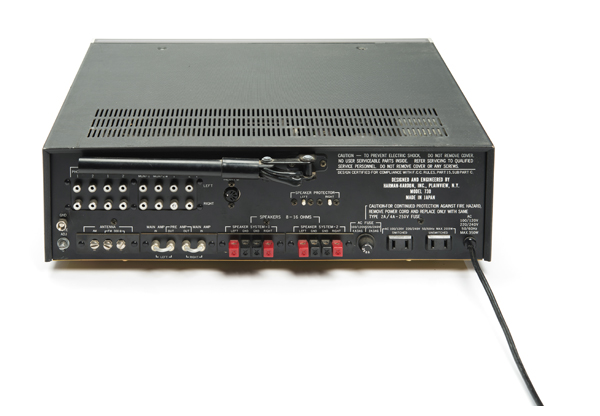 Even though the 730 has relatively modest tuner specs, here in Portland, Oregon it pulled in quite a few stations, near and far, along with delivering incredibly good fidelity. Should you be living in an area with decent radio stations you will be pleasantly surprised at just how good plain old FM radio can still sound. And if you have this experience, Sirius XM will be an even more dreadful experience than it is now.
Even though the 730 has relatively modest tuner specs, here in Portland, Oregon it pulled in quite a few stations, near and far, along with delivering incredibly good fidelity. Should you be living in an area with decent radio stations you will be pleasantly surprised at just how good plain old FM radio can still sound. And if you have this experience, Sirius XM will be an even more dreadful experience than it is now.
Pairing up our Thorens TD-125, refurbished by Vinyl Nirvana and an Ortofon 2M Black and SME 3009 makes for a spectacular analog experience that reveals more music than I ever remember this receiver capable of back in the 70s. Low and high frequency extension is excellent, painted on top of an incredibly quiet background, again proving that a nice mix of new and old technology can be a good thing indeed.
The tweakasaurus that can’t leave well enough alone can bypass the circuit breakers protecting the output devices, resulting in more transparency but less margin for error. Should you go down this path an accidental crossing of the speaker terminals will fry the output stage. Local vintage dude, Kurt Doslu from Echo Audio in Portland, Oregon warns that the output stages were somewhat prone to failure anyway, but that the semiconductors are still readily available. While you’ve got the hood open, I suggest doing a full recap (or at least the power supply) and keep this one around forever. Another weakness in the 730, as with all 70s receivers is the fuse type dial lights. If the one you’ve found or purchased has functioning lights, never fear, they will fail soon. A set of green LED replacements will save you the frustration of future disassembly. The red, lighted power switch is another story – take that to a professional unless you are a champion at the game Operation.
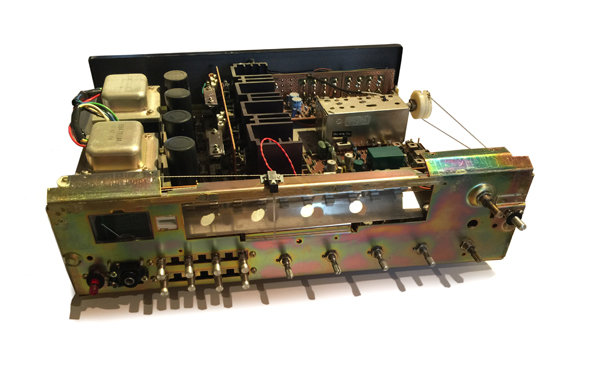 The manual states that the 730 can power 8-16 ohm speakers, but can even power one pair of 4-ohm speakers without problem and the 91db Eggleston Emma speakers in for review turn in a pleasing performance. Though not able to drive them with true potency, the 730 is able to push a pair of Magnepan MMGs to a decent background level.
The manual states that the 730 can power 8-16 ohm speakers, but can even power one pair of 4-ohm speakers without problem and the 91db Eggleston Emma speakers in for review turn in a pleasing performance. Though not able to drive them with true potency, the 730 is able to push a pair of Magnepan MMGs to a decent background level.
With parts readily available, strive for a unit with as close to perfect cosmetics as possible. Capacitors are relatively easy to find and replace, a front panel, not so much. A beater 730 can go for as little as $50, while a mint example shouldn’t cost more than $200. Plan on spending about that much again to make it perfect electrically, if you have a great vintage technician at your disposal and considerably less if you are a proficient DIY’er.
Whichever way your journey takes you, the Harman Kardon 730 will make an excellent cornerstone to an enjoyable system while keeping within a reasonable budget. – Jeff Dorgay




